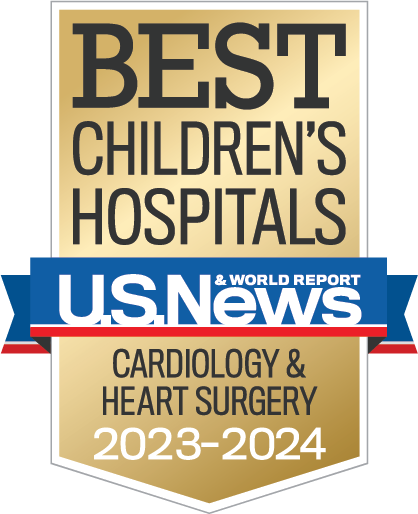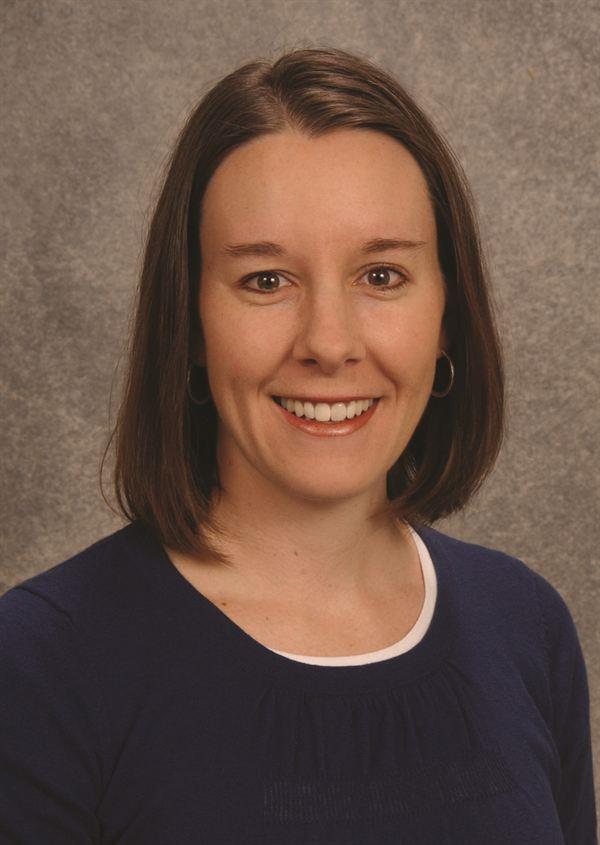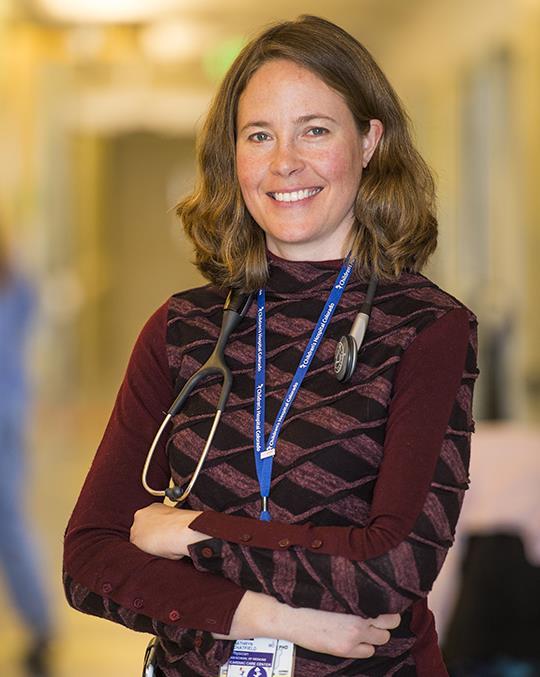- Doctors & Departments
-
Conditions & Advice
- Overview
- Conditions and Symptoms
- ¿Está enfermo su hijo?
- Parent Resources
- The Connection Journey
- Calma Un Bebé Que Llora
- Sports Articles
- Dosage Tables
- Baby Guide
-
Your Visit
- Overview
- Prepare for Your Visit
- Your Overnight Stay
- Send a Cheer Card
- Family and Patient Resources
- Patient Cost Estimate
- Insurance and Financial Resources
- Online Bill Pay
- Medical Records
- Política y procedimientos en el hospital
- Preguntamos Porque Nos Importa
-
Community
- Overview
- Addressing the Youth Mental Health Crisis
- Calendar of Events
- Child Health Advocacy
- Community Health
- Community Partners
- Corporate Relations
- Global Health
- Patient Advocacy
- Patient Stories
- Pediatric Affiliations
- Support Children’s Colorado
- Specialty Outreach Clinics
Your Support Matters
Upcoming Events
Mental Health Town Hall
martes, 23 de abril de 2024Join Children’s Hospital Colorado pediatric experts for a virtual...
-
Research & Innovation
- Overview
- Clinical Trials
- Q: Pediatric Health Advances
- Discoveries and Milestones
- Training and Internships
- Academic Affiliation
- Investigator Resources
- Funding Opportunities
- Center For Innovation
- Support Our Research
- Research Areas

It starts with a Q:
For the latest cutting-edge research, innovative collaborations and remarkable discoveries in child health, read stories from across all our areas of study in Q: Advances and Answers in Pediatric Health.


Heart
Atrioventricular Canal Defect
We treat kids like they should be treated: like kids. That’s why we designed our hospital just for them.

What is an atrioventricular canal defect?
An atrioventricular canal defect is a form of congenital heart defect, meaning a child is born with the condition. This condition is sometimes called an AVCD or AVSD.
An AVCD happens when the valves and muscle walls that separate the heart's chambers do not form completely while a baby is still in the womb. Atrioventricular canal defects can be complete or partial. The two types are equally common.
Children with complete atrioventricular canal defects have a combination of three separate defects:
- A hole in the heart wall (septum) that separates the two atria, which are the upper chambers of the heart. This is also called an atrial septal defect.
- A hole in the septum that separates the two ventricles, which are the lower chambers of the heart. This is called a ventricular septal defect.
- One large valve between the atrium and ventricles instead of the normal two.
Children with partial atrioventricular canal defects have:
- A hole in the heart wall separating the atria, known as atrial septal defect.
- A partial abnormality known as a "cleft" in the left valve or mitral valve.
The holes in the heart and the incorrectly formed valves allow blood to mix inside the heart. This results in too much blood going to the lungs, making the heart have to work harder. The extra effort can weaken the heart muscles and cause the heart to enlarge.
Most atrioventricular canal defects are detected early in life, within the first few months. Depending on whether it is a complete AVCD or a Partial AVCD, treatment may be necessary within the first few months or few years of life. Atrioventricular canal defects are common in children with Down syndrome.
See why our outcomes make us one of the top heart hospitalsIn the model below:
What are the signs and symptoms of atrioventricular canal defects?
Unlike some other types of heart conditions, children with atrioventricular canal defects usually have visible symptoms. Common signs and symptoms include:
- Slow or poor growth
- Undernourishment
- Hard and fast breathing pattern
- Sweating while nursing or eating
- Weight loss
Parents can usually spot these symptoms within the first one or two months of their child's life.
How will my doctor diagnose an atrioventricular canal defect?
In order to diagnose a child with a partial or complete atrioventricular canal defect, a cardiologist will usually order some special heart tests. These tests provide a detailed picture and video of the heart's structure and how it is functioning. Common tests include:
How are atrioventricular canal defects treated?
Surgery is the only treatment for this condition.
Sometimes cardiologists will use medication to treat the symptoms associated with this defect. These medications include diuretics, which remove excess fluid from the body, and other medications that widen blood vessels in the body. These medications may delay the need for surgery for a while, but surgery will eventually be required.
Open-heart surgery
Surgery for this heart defect involves closing the holes between both the atria and the ventricles. It also requires repairing the valve between the atria and ventricles to convert it from one large valve into two distinct valves (one for the right side of the heart and one for the left side). In the case of the Partial AVCD, there is only one hole between the atrium that requires closing, and only the left side valve will need repair.
Your child will likely stay in the hospital for about a week following surgery. During that time, our team of doctors will monitor the healing process and help ensure a smooth recovery.
Lifelong care
Most children with atrioventricular canal defects go on to lead healthy lives after their defect is corrected, but should continue to see a pediatric cardiologist periodically to make sure the heart is doing well.
To learn more about atrioventricular canal defects, visit the American Heart Association.
Learn why parents choose Children's Colorado for their child's heart surgery.
Next steps
-
Would you like to learn more about us?
Learn more about the Heart Institute -
Do you have questions about your child’s condition?
720-777-6820 -
Are you ready to schedule an appointment?
Schedule an appointment

Compassionate care, wherever you are
We’re here when you need us. Telehealth appointments are available across every specialty, so you can get the high-quality care we’ve always offered from the comfort, privacy and convenience of home.
See if telehealth is right for you
Get to know our pediatric experts.

Jessica Church, CPNP-AC/PC
Certified Pediatric Nurse Practitioner, Certified Pediatric Nurse Practitioner

Kathryn Chatfield, MD
Clinical Genetics and Genomics - General, Cardiology - Pediatric, Pediatrics





 720-777-0123
720-777-0123



